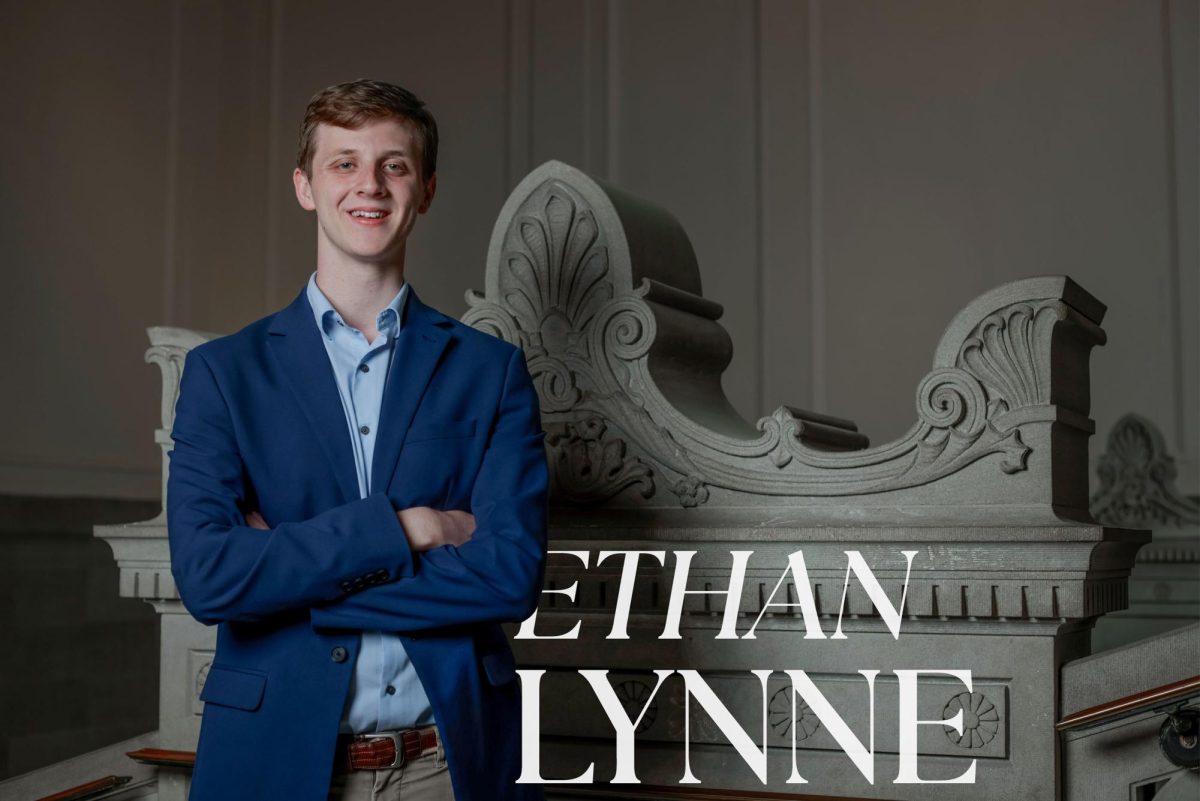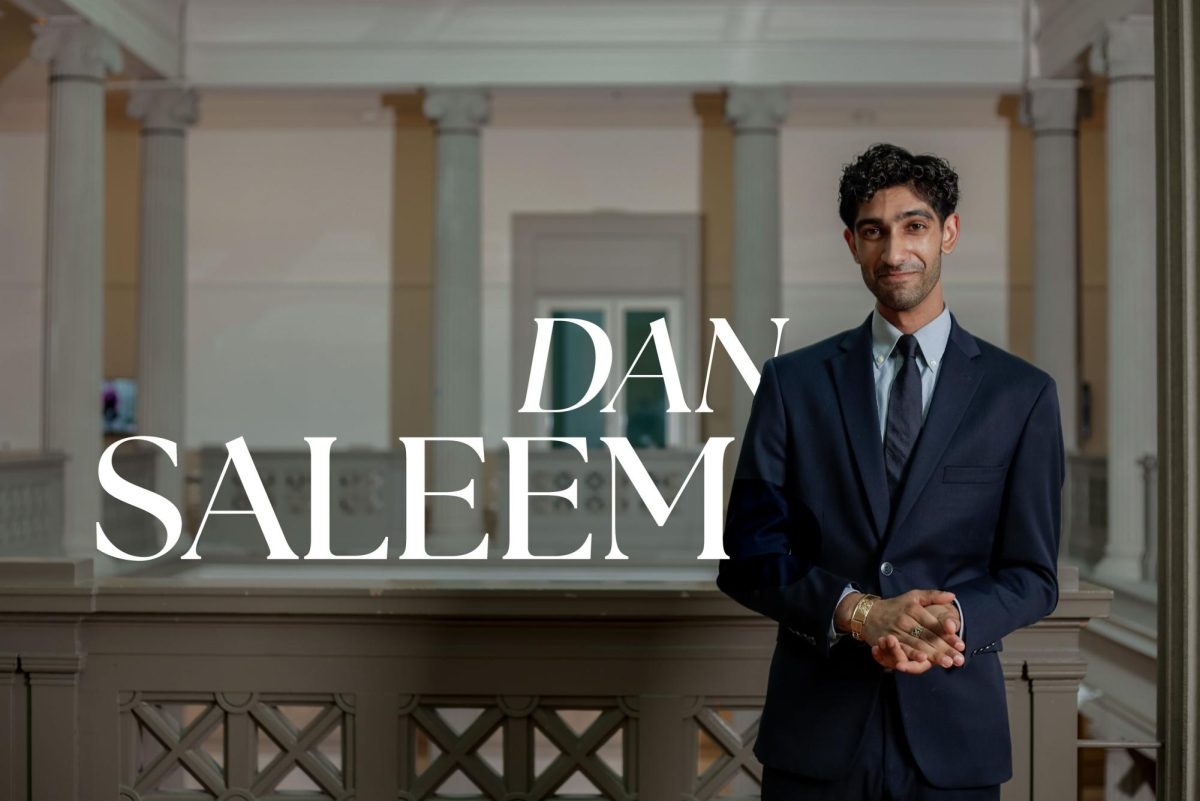Web Extra
A variety of opinions on the subject of Islam and homosexuality led to a heated debate at the Marvin Center Sunday night.
Panelist Amal Amireh, professor of women and gender studies at George Mason University, said there are many homosexual Muslims that practice Islam, adding that it is important to speak for these people.
“Speaking about homosexuality and Islam is risky,” Amireh said. “Not speaking about homosexuality and Islam is riskier.”
While a majority of the Muslim panelists agreed that homosexuality was permissible under Islam, some said being gay was against their religion. Hisham Mahmoud, a lecturer at Princeton University, said, “No jurist will ever accept homosexuality as a practice,” and condoned the punishment of homosexuality.
The lecturer’s comment provoked an outburst of emotion from panelist Imam Dayiee Abdullah of the Al-Fatiha Foundation and the National Gay and Lesbian Task Force Religious Roundtable, both of which advocate for the rights of lesbian, gay, bisexual and transgender Muslims.
“If you’re heterosexual, you get away with a lot of BS. I’ve had enough of that,” Abdullah said, adding, “If you also state Allah is the judge, then let him judge and be quiet!”
His exclamation was met with a burst of applause.
Amireh also touched on Iranian President Mahmoud Ahmedinejad’s denial of the existence of homosexuals in Iran.
“Perhaps what he meant is that since there are laws against homosexuality in Iran, and since all Iranians are law-abiding citizens, there are no homosexuals in Iran,” she said.
Abdullah said he believes that the Quran talks to homosexuals when it talks to “mankind and believers.” He later quoted a passage in the Quran mentioning men who have no desire for women.
Later in the discussion Mahmoud countered this by saying that the Quran passage refers to asexual men like eunuchs. Furthermore, Mahmoud said the Quran dictates that homosexuals should be punished.
“It’s very difficult to reinterpret those verses away from God’s taking issue with the people of Lot for their choosing men over women,” he said referring to 14 verses about the story of Lot.
Imam Johari Abdul Malik said the most important thing for Muslims to do is to know their priorities in obeying the will of Allah.
“If our first discourse in our priority is what kind of sex you have, then we’re off the mark,” he said.
Mahmoud said that while the homosexual act is condemned, “the feeling of homosexuality is not.” He encouraged the audience to “work with” homosexual feelings and try to stay chaste.
“Struggling to suppress that feeling would be rewarded by God,” he said.
Abdullah also discussed what he usually encounters when he counsels parents of children who are openly homosexual.
“Many times, the issue is the community in which they socialize, and what will people think of them? What will they think about the family?” he said.
Abdullah makes such parents decide if they love their child or the people around them more.
“You don’t have to agree with your child in terms of what they want to do with their life, but listen to what they have to say,” he said. “It generally allows them to talk on the level of listening.”





